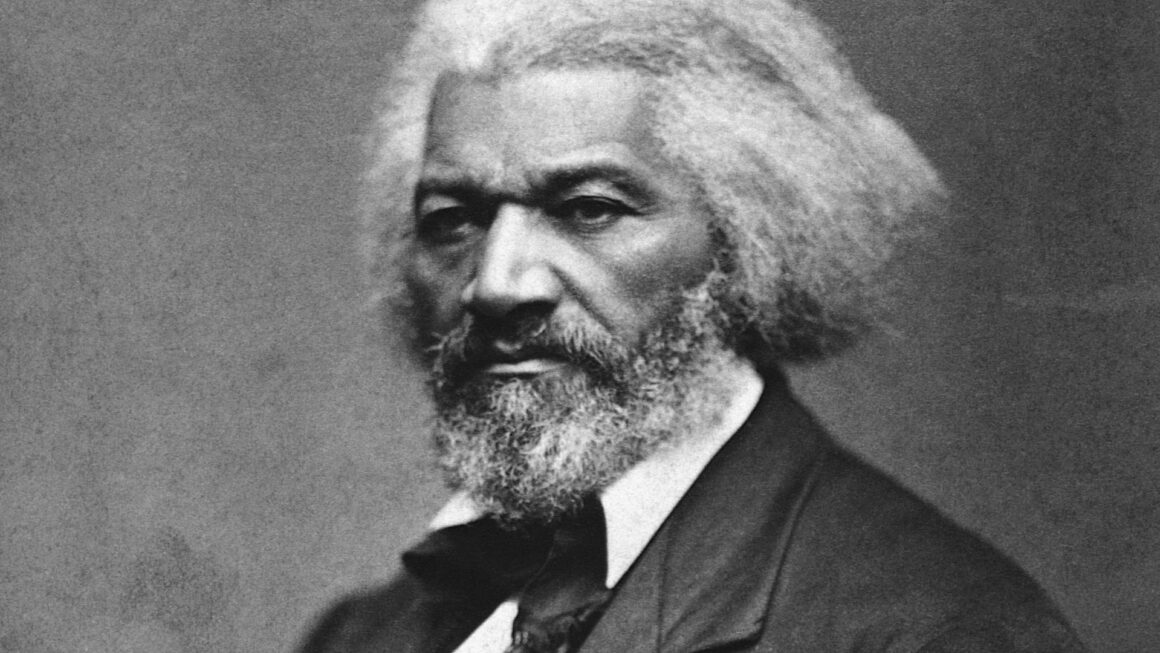By Mara Clanahan
Last month, Belfast City Council unveiled a statue commemorating legendary American Abolitionist Frederick Douglass. The statue stands near the First Presbyterian Church on Rosemary Street; a site which itself holds significance for not only hosting Douglass during his time in Belfast, but also was the base of the successful outcry against slave ships being commissioned in Belfast in the late 18th century, some 50 years before Frederick Douglass’ arrival. Douglass, a widely renowned orator, gave many speeches at the invitation of the Belfast Anti-Slavery Society.
During his travels, Douglass wrote to a friend describing the brutal poverty he’d witnessed in Dublin in the time leading to the Irish Famine. Douglass stated: “Men and women, married and single, old and young, lie down together, in much the same degradation as the American slaves. I see much here to remind me of my former condition… but that I know the cause of humanity is one the world over.”
The poverty described by Douglass, and the uncaring nature of those in power and the Church, still persist to this day. This is clearly evident in the growing class divide, the poverty experienced by too many of the working class and the stoking of anti-immigrant rhetoric that echoes when Douglass himself fled slavery and sought asylum.












